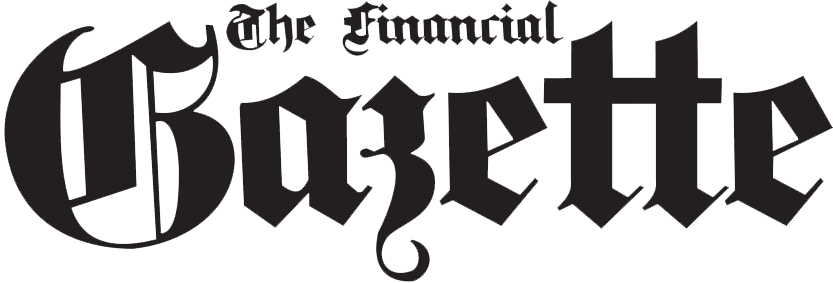This policy outlines the permissible use of content from our platform and specifies actions requiring additional licenses. By accessing our platform, you agree to abide by these terms, which ensure the sustainability of high-quality journalism. We may periodically update this policy, with changes taking effect upon publication.
Understanding Copyright
Copyright law grants the exclusive right to control the use of original works. All content on this platform is protected under copyright law and may only be used as described in the “Permitted Uses of Content” section. Unauthorized use may result in legal liability. Any violation of these terms constitutes a breach of contract and may also infringe copyright laws.
Permitted Uses of Content
You are allowed to:
- Access and view content for personal use on compatible devices (e.g., desktop, mobile, tablet).
- Save content locally for personal use.
- Print single copies of articles for personal use.
- Share article links using the provided sharing tools.
Republishing or Redistributing Content
Except as outlined above, you may not copy, republish, or distribute full-text articles, including through emails, websites, newsletters, or other platforms. Redistribution must not create a substitute for our products or services, defined as any offering that diminishes the need for users to directly access or pay for our content.
Limited redistribution is allowed as follows
- Share headlines, article links, and up to 140 characters of teaser text.
- Forward headlines, links, and teaser text to individuals.
- Use RSS feeds for personal or organizational purposes under the following conditions:
- Display feeds via web browsers only.
- Do not use feeds in paid or commercial services.
- Publish feeds as provided, including attribution to the source.
- Do not archive feeds or alter their content.
Creating Summaries
You may produce limited summaries of articles under these conditions:
- Use up to 30 words verbatim (“extract”) within a larger original work or a 30-word non-verbatim abstract.
- Attribute the content to the source with a hyperlink to the article.
- Ensure summaries do not act as a substitute for our content.
- Limit summaries to ten per day, each based on different articles.
- Avoid using summaries to endorse products or services.
If notified of non-compliance, you must immediately cease creating summaries unless further agreement is reached.
Linking to Our Content
You may link to our platform under these conditions
- Display our logo in line with brand guidelines and without alteration.
- Ensure links direct to the homepage or specific pages, without creating substitutes.
- Do not imply endorsement or misrepresent relationships.
- Avoid linking from platforms that violate intellectual property rights or host offensive content.
Prohibited Actions
Unless expressly permitted, you may not:
- Share login credentials, which are personal and non-transferable.
- Republish or distribute full-text articles, images, or graphics.
- Modify, photocopy, or scan content.
- Use content for machine learning, AI development, or data aggregation.
- Frame, scrape, or harvest content for database creation.
- Use content outside subscription parameters or for unauthorized purposes.
Contact Information
For questions regarding copyright or licensing, contact our team at [email@example.com].

